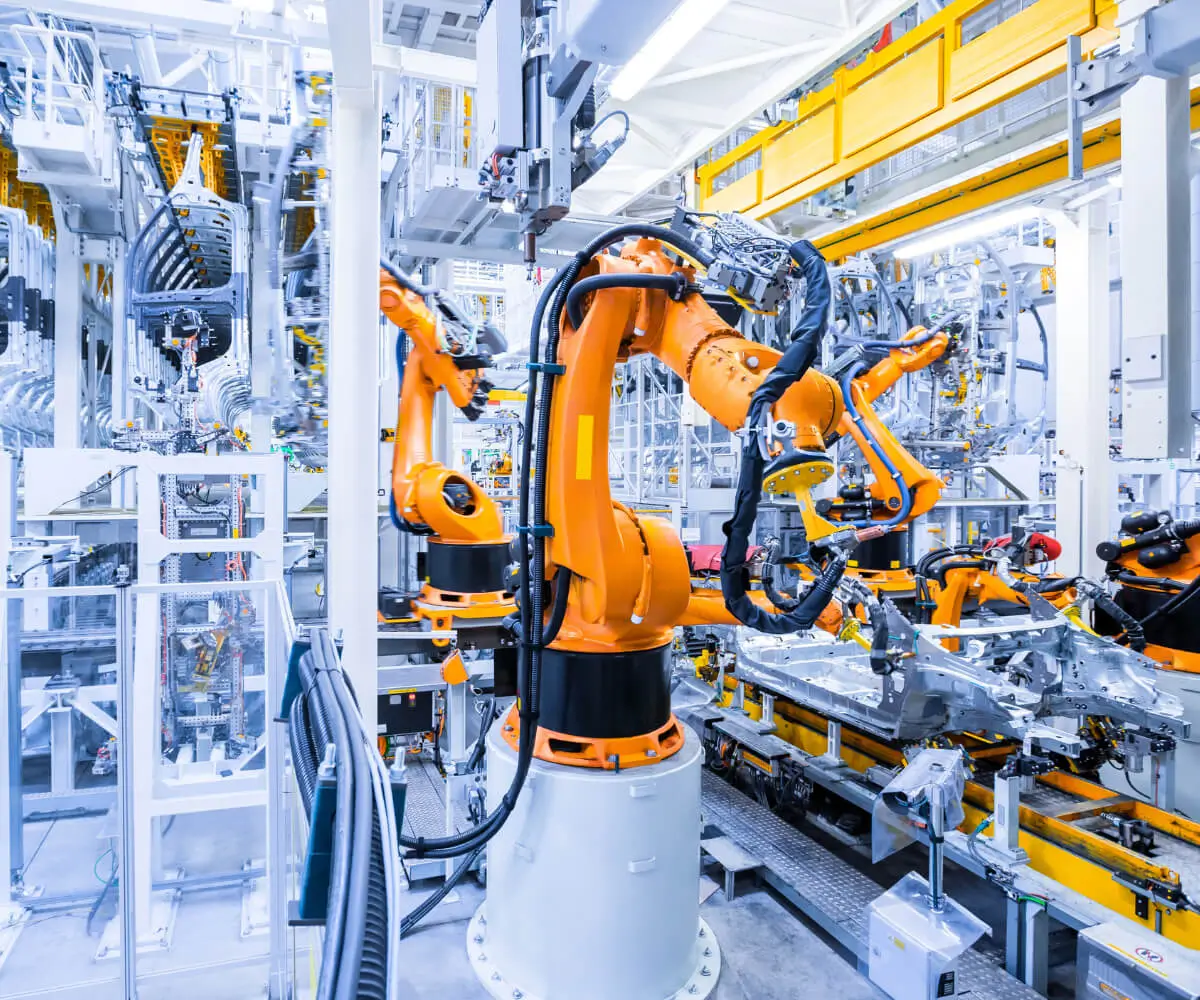Imagine a world where miniature machines roar with the raw power of full-sized cars, carving through dirt tracks or racing across open fields with unmatched speed. That world exists, embodied beautifully in gas-powered remote control cars — a thrilling genre within the RC (remote control) hobby that combines engineering ingenuity, nostalgic charm, and pure adrenaline.

Gas-powered RC cars, often called "nitro cars" because of their nitromethane fuel, have been captivating hobbyists since their emergence in the late 20th century. They stand out in the world of remote control vehicles because of their authentic engine sounds, impressive power output, and the mechanical complexity they bring to the hobby.
At their core, gas-powered RC cars operate thanks to tiny internal combustion engines, precisely scaled-down versions of those found in real cars. These engines typically run on a fuel blend containing nitromethane, methanol, and oil, which creates a combustible mixture capable of delivering strong acceleration and durability. This combustion process is what gives gas RC cars their signature roar—an exhilarating auditory experience that distinguishes them from their electric counterparts.
One of the most compelling reasons enthusiasts are drawn to gas-powered RC cars is the realistic driving experience they offer. Unlike electric models, which rely purely on batteries, gas engines provide extended run times and the ability to run at higher RPMs, allowing for constant high-performance operation. This makes them ideal for racing, off-road adventures, or simply marveling at their raw power.
Gas RC cars also come in a variety of sizes and styles, from small 1/10 scale buggies to larger 1/8 scale monster trucks. Each size provides a different experience — smaller cars are nimble and quick, perfect for agility and technical courses; larger models, with their robust engines and larger tires, excel in rugged terrains and heavy-duty racing.
Beyond just speed and power, gas-powered RC cars carry a certain nostalgic appeal. Many hobbyists fondly recall growing up watching or building these miniature beasts, and for some, they carry an emotional legacy of family, tradition, and shared passion. The process of maintaining these vehicles — tuning the engine, adjusting the carburetor, and fueling up — adds layers of intimacy and mastery that electronic models often lack.
The building process itself can be a rewarding challenge. For experienced hobbyists, assembling a gas-powered RC car often starts with selecting the chassis, engine, and transmission; then, fine-tuning the mechanical parts to ensure peak performance. The mechanical complexity means there’s always something new to learn, and every successful race or run feels hard-won and deeply satisfying.
However, owning and operating a gas-powered RC car isn’t just about the thrill—it's also about responsibility and care. These engines require regular maintenance: cleaning the air filters, replacing glow plugs, tuning the carburetor, and managing fuel levels. Proper fueling, storage, and tuning contribute to engine longevity and performance stability. It’s a hobby that combines patience with technical skill, rewarding those who enjoy both.
Racing these cars adds a competitive and social dimension. Whether on organized tracks or informal meetups in parks, enthusiasts gather to showcase their engineering prowess and driving finesse. These events often feature classes for different scales and skill levels, offering something for beginners and experts alike. The sound of revving engines and the sight of dusty, dirt-sprayed vehicles racing in a blur create a visceral experience that’s hard to match.
In recent years, technology and innovation have also played a role in evolving gas-powered RC cars. Advances in engine design, lightweight materials, and tuning software have improved power-to-weight ratios and reliability. Even as electric RC cars have gained popularity, gas-powered models retain their charm precisely because they push the boundaries of raw power and mechanical complexity—an appealing challenge for those who love to tinker.
The community formed around gas RC cars is vibrant and welcoming. From online forums and instructional videos to local clubs and annual competitions, the passion is contagious. For new enthusiasts, immersing oneself in this community can be as rewarding as the act of driving itself. Sharing tips, swapping parts, and helping each other troubleshoot creates bonds that extend beyond the hobby.
Yet, owning a gas-powered RC vehicle isn’t without its responsibilities. The fuel, often containing flammable chemicals, requires careful handling and storage. Environmental concerns also come into play, as emissions and fuel spillage pose considerations for eco-conscious hobbyists. While technology is trending toward cleaner solutions, traditional nitro engines remain a testament to a time when mechanical mastery and raw power were paramount.
As we've seen, gas-powered RC cars encapsulate a perfect blend of engineering, nostalgia, thrill, and community. Their growling engines, intricate mechanics, and the challenge of keeping them at peak performance make them a hobby that transcends simple entertainment—it's a pursuit that demands skill, patience, and passion.
In the next part, we’ll explore the detailed mechanics of these mighty machines—how they work, what makes them so powerful, and tips on choosing the right model for your adventure. We'll also peek into the passionate world of customization and the best practices for maintaining these miniature monsters.
Leveraging innovations in modular drive technology, Kpower integrates high-performance motors, precision reducers, and multi-protocol control systems to provide efficient and customized smart drive system solutions.




































